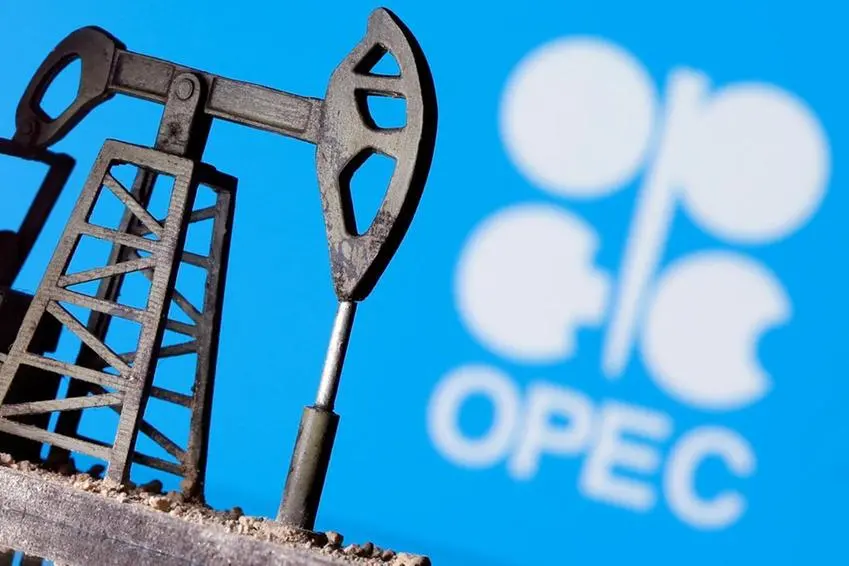PHOTO
Last week was important for the hydrocarbon sector. The five Western oil majors reported results and OPEC+, the alliance between the OPEC member states and 10 friendly nations led by Russia, held their monthly ministerial meeting ahead of schedule.
It was surprises — positive ones — all around. The first quarter earnings were not widely reported, because the tech sector stole the limelight and because cyclicals and banks (except for Credit Suisse and Nomura) re-emerged from their pandemic lows as well.
Still, what happened in the oil and gas sector was significant: So far this year, energy was one of the best performing sectors in the S&P 500, with the oil price up around 30 percent since Jan. 1. Therefore, it was little wonder that the majors performed well. BP, Shell, Total, Exxon and Chevron all beat estimates. BP did particularly well with an underlying net profit of $2.6 billion, which compared to $791 million in Q1 and $115 million in Q4 of last year. The company is again distributing dividends, with CEO Bernard Looney stressing the importance of a stable dividend policy and vowing that dividends were one of his top priorities. The company also reduced its net debt to $33.3 billion, which equates to $18 billion worth of debt repayments since the height of the pandemic.
Things looked similarly positive for the other four companies: All beating expectations and returning to strong profitability: Shell at $3.2 billion, Total at $3 billion, Exxon at $2.7 billion and Chevron at $1.4 billion.
BP’s focus on dividends reminded us of Aramco’s dividend promise, which was hard to live up to during the pandemic, but in the end was rewarded by investor confidence. In the same vein, BP promised to dedicate 60 percent of excess free cash to share buybacks going forward, which resulted in $500 million during the first quarter.
The European and US companies differed in their approach. While net zero targets are important to all of them, European majors focus more on renewables, biofuels and clean hydrogen — none more so than BP, which aims to produce 40 percent fewer fossil fuels by 2030, and Total, which sees itself no longer as an oil and gas company, but as an energy company.
The US producers, particularly Exxon, focused more on cleaner production methods, particularly carbon capture, utilization and storage (CCUS). Investors, who are increasingly driven by environmental, social, and governance (ESG) criteria, rewarded the European majors handsomely. Investors also liked what they heard from Exxon, which is up by 43 percent since the beginning of the year. However, some investors such as Engine 1, feel that the company is going neither fast, nor fast enough, to achieve carbon neutrality, escalating in a board squabble.
OPEC+ adhered to the same upbeat sentiment when ministers agreed that they would adhere to the current schedule of production cuts by more than 2 million barrels per day (bpd) through July. This did come as somewhat of a surprise, given the rising COVID-19 infection rates in India. One-fifth of the world population is descending into the darkest possible health crisis, while continental Europe is still in various degrees of lockdown. In other words, for the time being OPEC+ took its cue from the improving situation in the US, China and the UK, which is reflected in the results of the major oil companies.
Only the future will tell us whether optimism was warranted. Again, it will all depend on how major geographies and oil consumers are able to contain the virus. At the same time, we should not lose sight of an increasing ESG focus in the investor base. Oil producing companies and countries, which can prove that they are in line with ambitious net zero goals will increasingly fare better.
In the meantime, big oil is back!
• Cornelia Meyer is a Ph.D.-level economist with 30 years of experience in investment banking and industry. She is chairperson and CEO of business consultancy Meyer Resources.
Twitter: @MeyerResources
Copyright: Arab News © 2021 All rights reserved. Provided by SyndiGate Media Inc. (Syndigate.info).





















